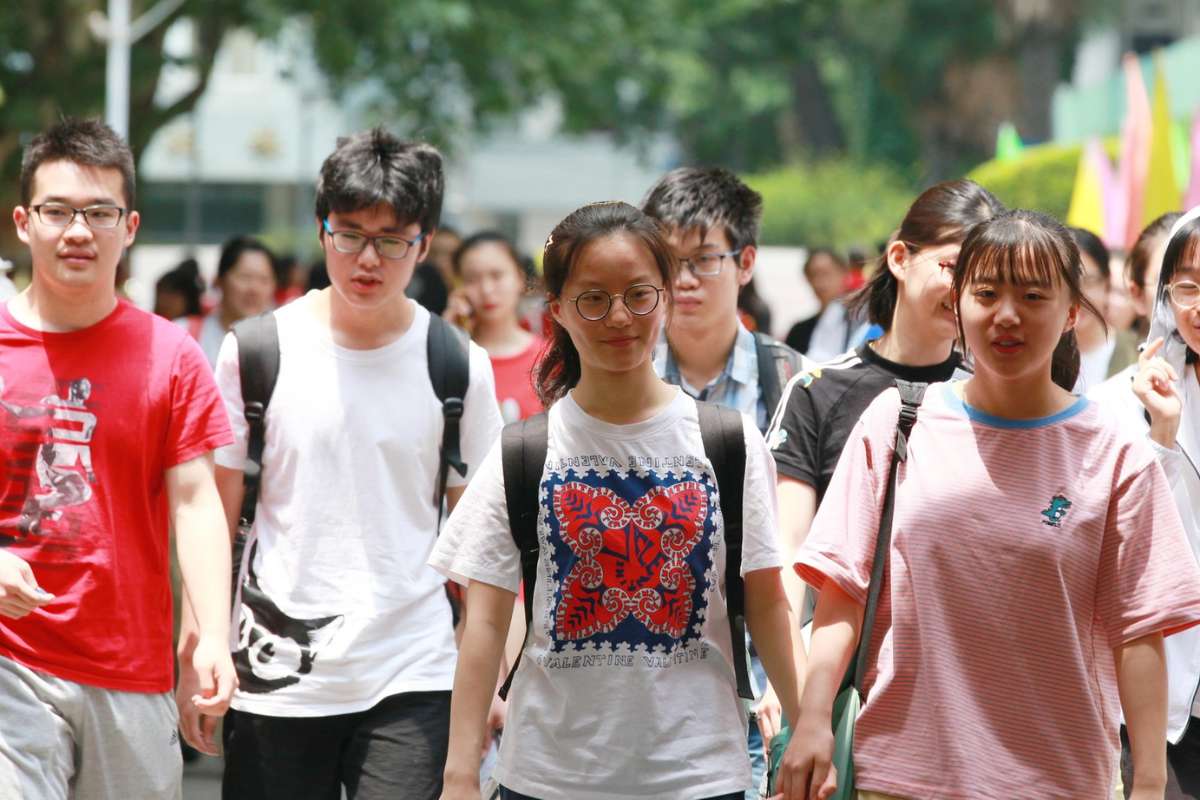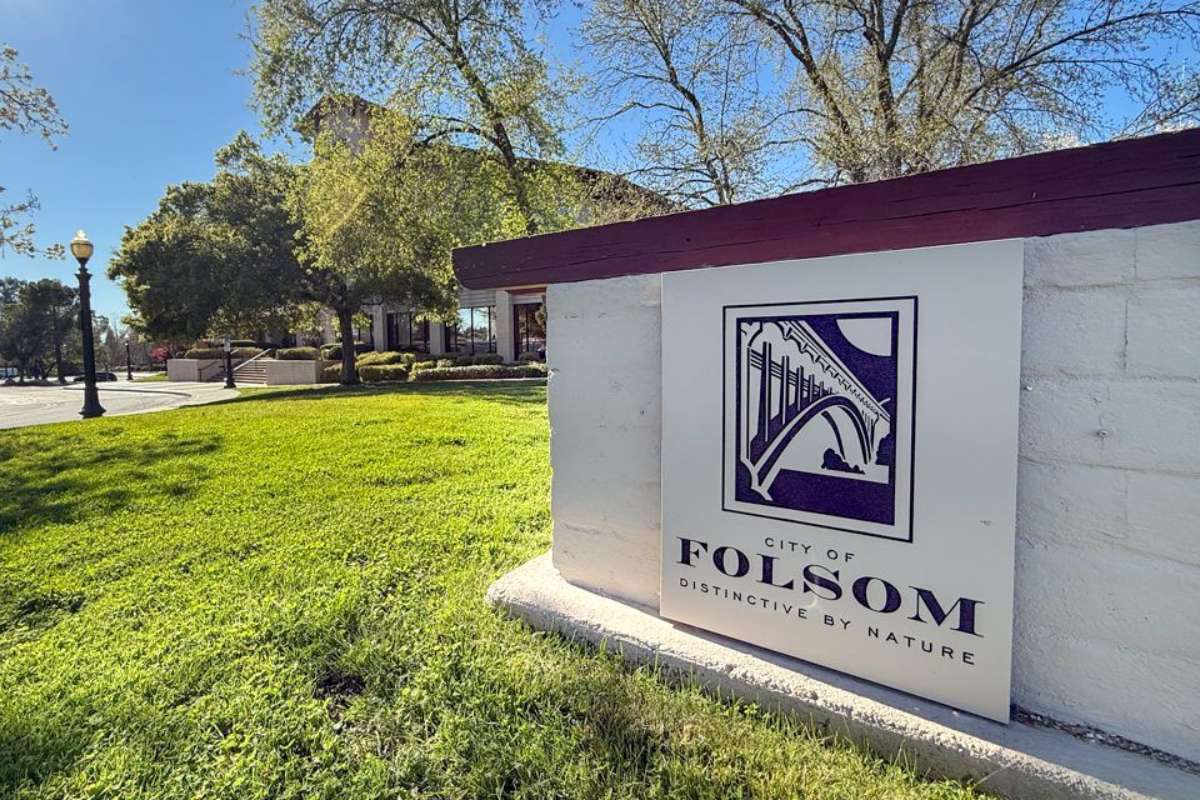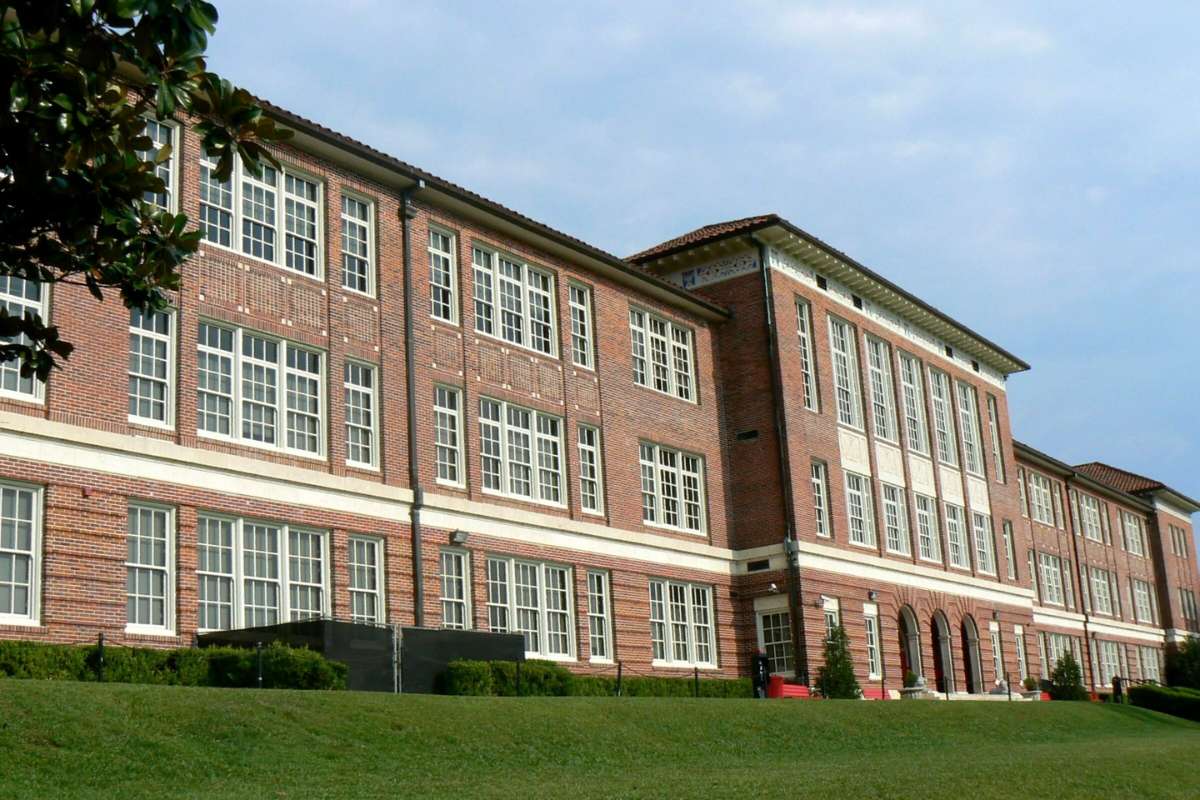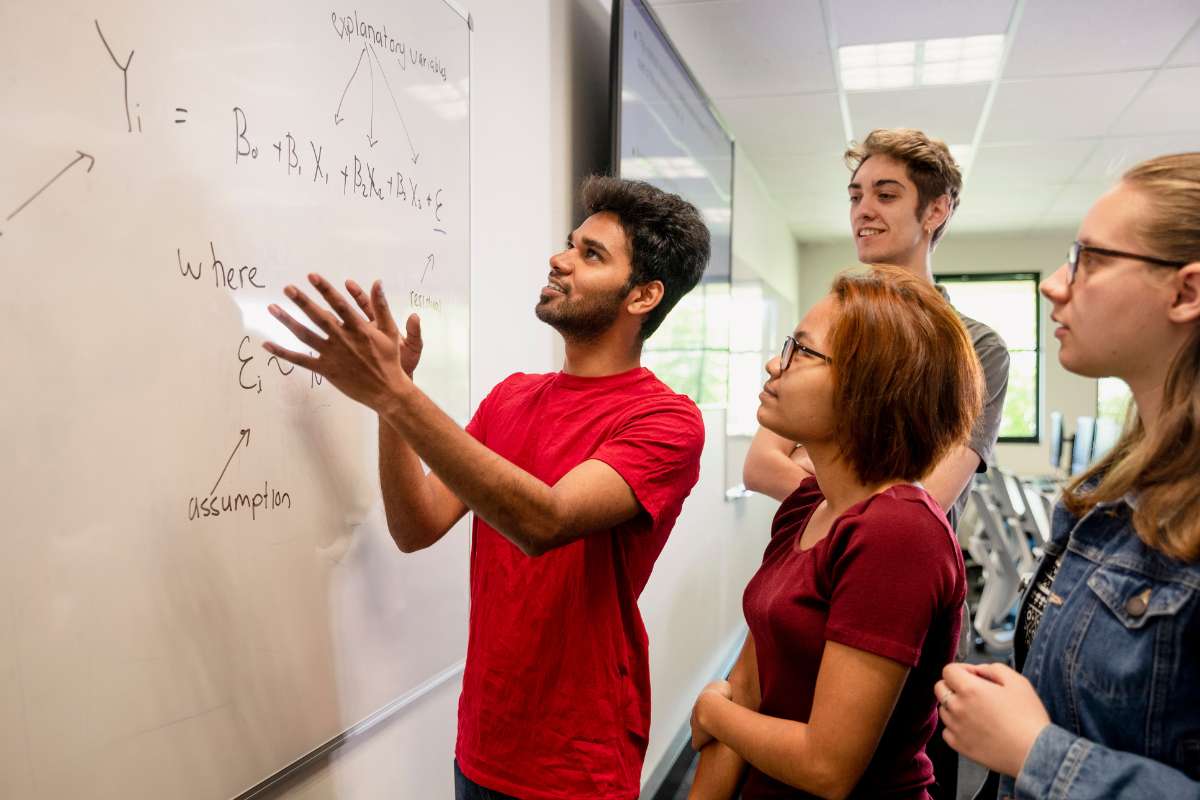Source- the Washington Post
Setbacks in the nation’s federal student aid program are causing delays for a distinctive scholarship initiative that many college-bound students in D.C. depend on for their education.
The D.C. Tuition Assistance Grant, or DCTAG, is a crucial program reducing college costs for D.C. students, especially those without access to discounted in-state tuition. The program covers the difference between in-state and out-of-state tuition, providing up to $10,000 per year for attending public colleges outside D.C., $2,500 for D.C. private universities, or $2,500 for any private historically Black institution in the U.S. However, applicants must first complete the Free Application for Federal Student Aid (FAFSA). Delays in the federal student aid process, part of a modernization effort, are now impacting families’ ability to apply for DCTAG and other scholarships relying on Free Application for Federal Student Aid data, prolonging the time students need to know their financial assistance.
DCTAG Scholarship Faces Crisis as Free Application for Federal Student Aid Delays Add Stress to College-Bound Students
This situation is causing added stress to an already high-stakes process, raising concerns that it might discourage students from pursuing college. Patricia McGuire, president of Trinity Washington University, criticized the Department of Education for not addressing this issue sooner. Trinity Washington University, where about 70 percent of students come from low-income households, heavily relies on scholarships like DCTAG.
The DCTAG application, originally set to open on February 1, is now delayed to March 11, giving families less time to assess their financial aid packages. The altered timeline may affect students’ ability to confirm attendance by the typical May 1 deadline, adding further pressure.
The delays are rooted in errors made by the Education Department while implementing a three-year-old bipartisan law aimed at simplifying the Free Application for Federal Student Aid process. The mistakes would have cost families $1.8 billion in federal aid. Although officials are correcting the error, it will take time, causing uncertainty and stress for low-income students and families.
Advocates are calling on colleges to show flexibility with enrollment deadlines
Advocates are calling on colleges to show flexibility with enrollment deadlines, given the circumstances. Eric Waldo, president and CEO of the D.C. College Access Program, expressed hope that institutions would extend their enrollment dates, acknowledging that colleges are eager to attract students. Meanwhile, counselors are using financial aid forecasts and other tools to provide students with an idea of what to expect in terms of expenses next year.
In summary, the Free Application for Federal Student Aid setbacks are significantly affecting the DCTAG program, introducing additional challenges to an already demanding college application process for students in the D.C. area.










